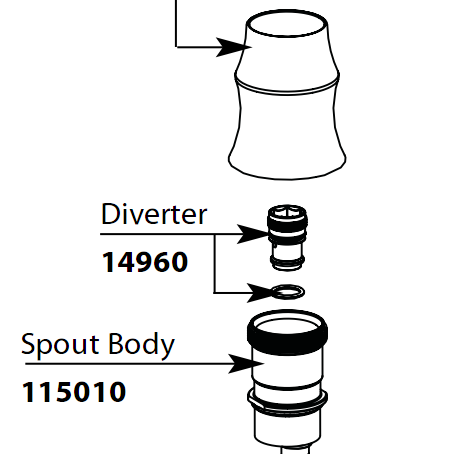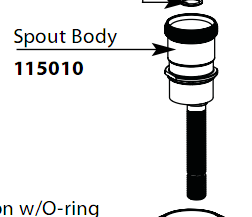(spoilers!)
The problem with any game that attempts a morality system is that (as I discussed yesterday) the imposition will break down for any player. But there’s another and separate issue: you’re limited in the game to actions the game designers have implemented.
I’ll call this the Amata Problem. At the start of the game, your dad’s escaped the vault, things are falling apart, and there’s the Vault 101 Overseer’s daughter talking to you. Now, a pragmatic solution here would be to take her hostage and use her as a shield to keep the guards from shooting at you, and make your exit as well.
Would that be a good or an evil choice? (Probably evil). But it doesn’t matter — you can’t do it. It’s not an option.
But in making your escape, you’re provided with a choice to help rescue some jerk’s mom. Despite fleeing for your life, stopping is the “good” choice. In the player’s view, we’re reasonable assured that there won’t be consequences for taking a minute out of the game time, but that’s unrealistic. There’s no cost to this game choice, but it’s a small morality decision.
The contrast is striking. Faced with an ambiguous, wide-open situation, your options are extremely limited, and you’re not allowed to make creative or morally interesting choices. Faced with a costless threat, you’re given a clear choice with correspondingly clear consequence. (Now, if the decision to divert and save some random character created a real difficulty, that’d be worth rewarding… but anyway)
And that’s just the start. Your choices at the start of the game are limited to those the game provides. You can’t take over the vault. When you encounter the Overseerer, you can’t take *him* hostage, or take another dozen or so solution paths that probably occur to a player.
This happens over and over again. Once a character is concerned about doing good, or evil, or being neutral, they’re going to think of ways to do that that make sense to them but aren’t allowed in the game world. The more the player is invested in their character and the more creative they become, the more frustrating the lack of options will become.
Which isn’t to say that the game doesn’t provide options, but like every game that tries to implement this kind of thing, it essentially narrows it down to a couple of paths it can handle:
– shoot everyone
– side with team A
– side with team B
– negotiate a compromise
Each path has certain conditions associated with it, and rewards. It’s to reduce the complexity of the game, and I understand its necessity in terms of development and testing.
But I also understand that in any sufficiently open system there will be ways to resolve the situation that don’t meet all the criteria for any solution, and so you’ll be left in a strange state: either the problem will stick unresolved, or you’ll have to pursue a game-sanctioned option (which may be impossible at that point). And sometimes, it’ll just glitch and jump through.
For instance, I solved the Tenpenny Towers/Ghoul dispute in a way that didn’t require anyone to get shot and seemed peaceful enough. But the game for some reason didn’t like that, and I didn’t get any reward for resolving it and from then on it treated it as if I’d shot the place up, despite finding a peaceful solution.
That sucks. And if you think about it, almost every reasonably complicated situation in the game has a couple of ways to solve it that aren’t contained in the design document. This whole thing then reduces every situation not to “how can I resolve it?” but to “how do the people who designed this want me to resolve it?”
It breaks immersion. And for a game world as wide, detailed, and intricate as Fallout 3, taking the player back out is a tragedy.




